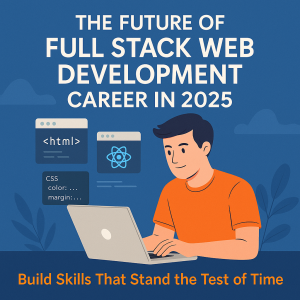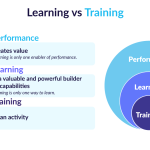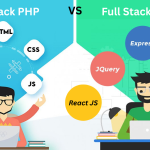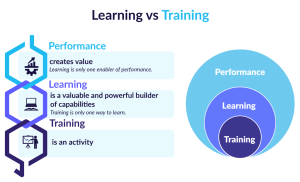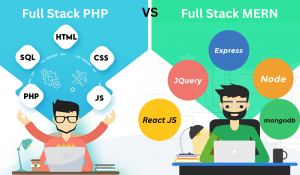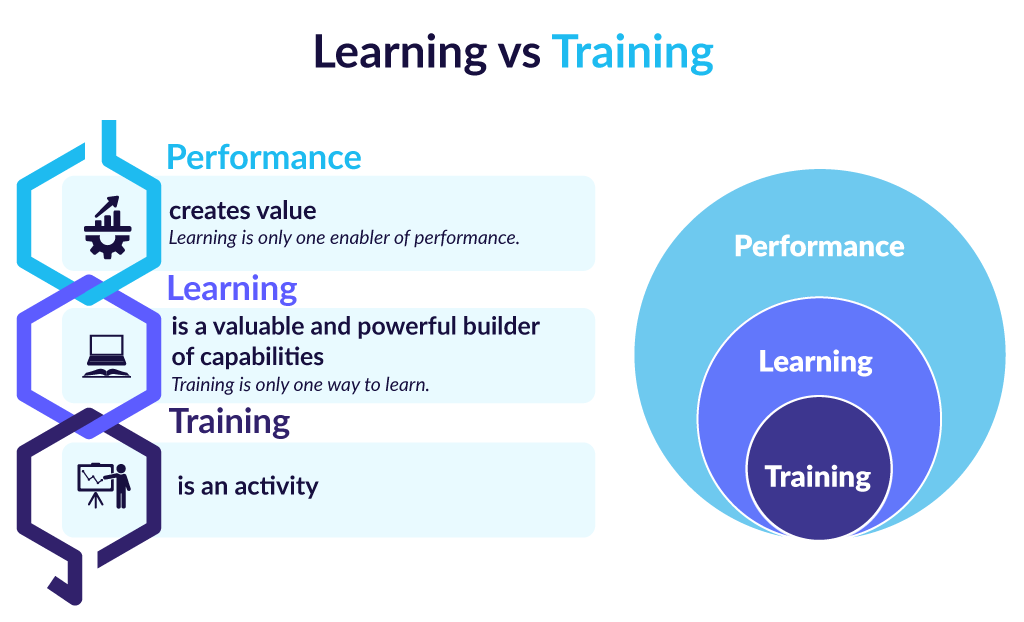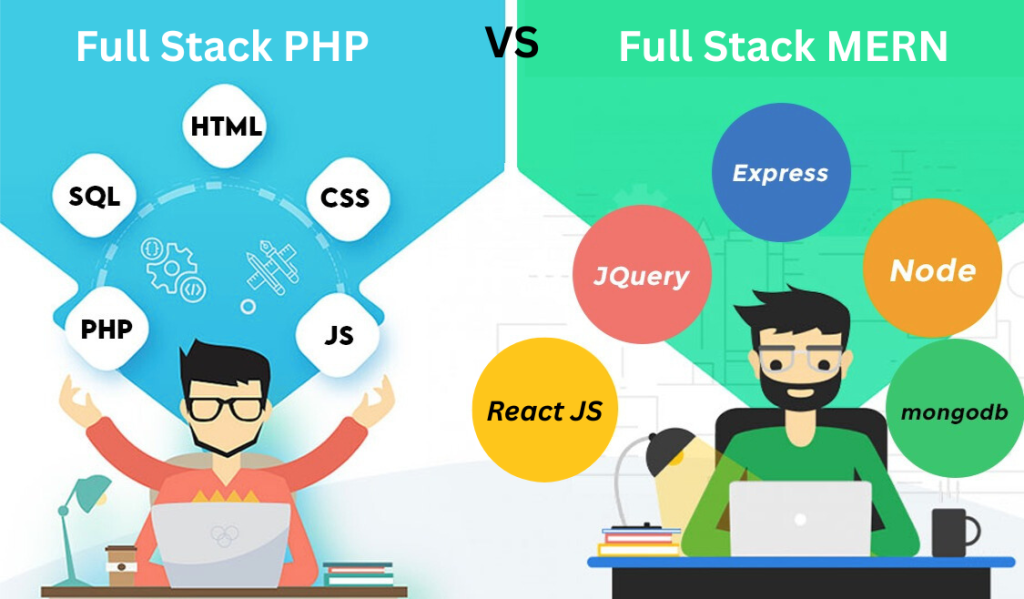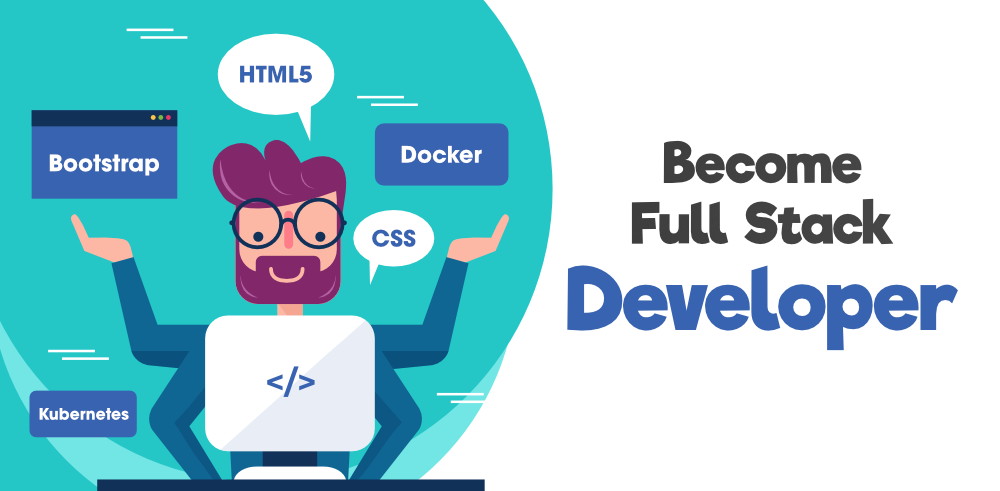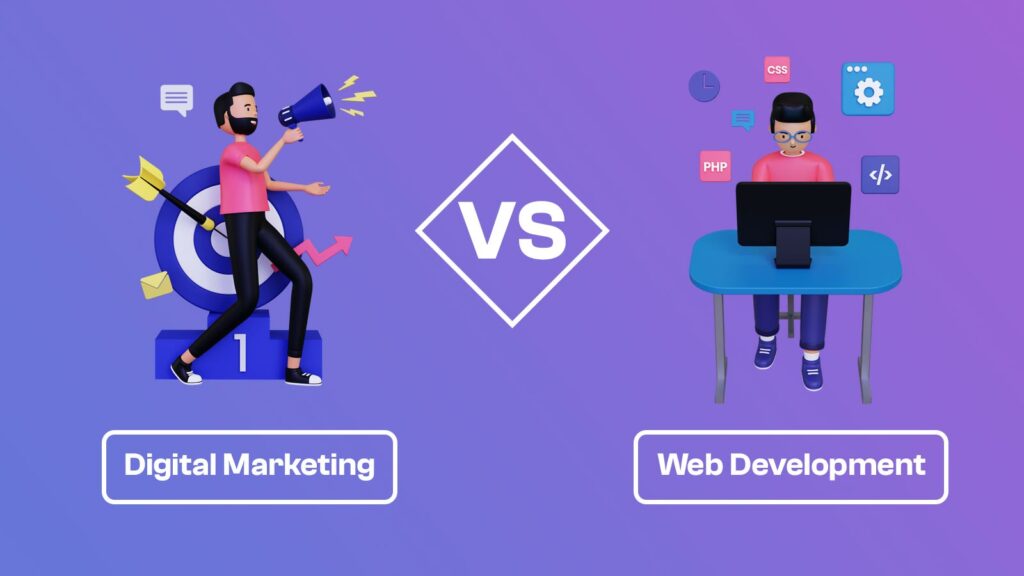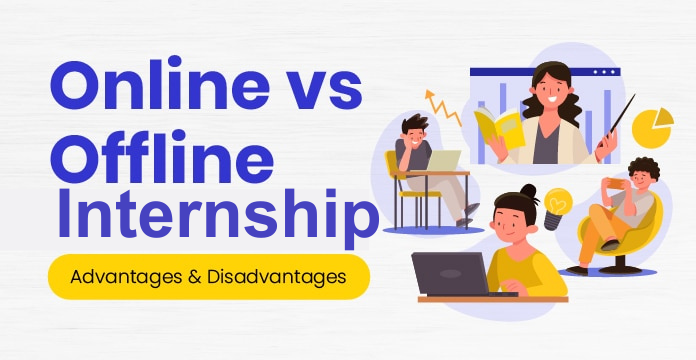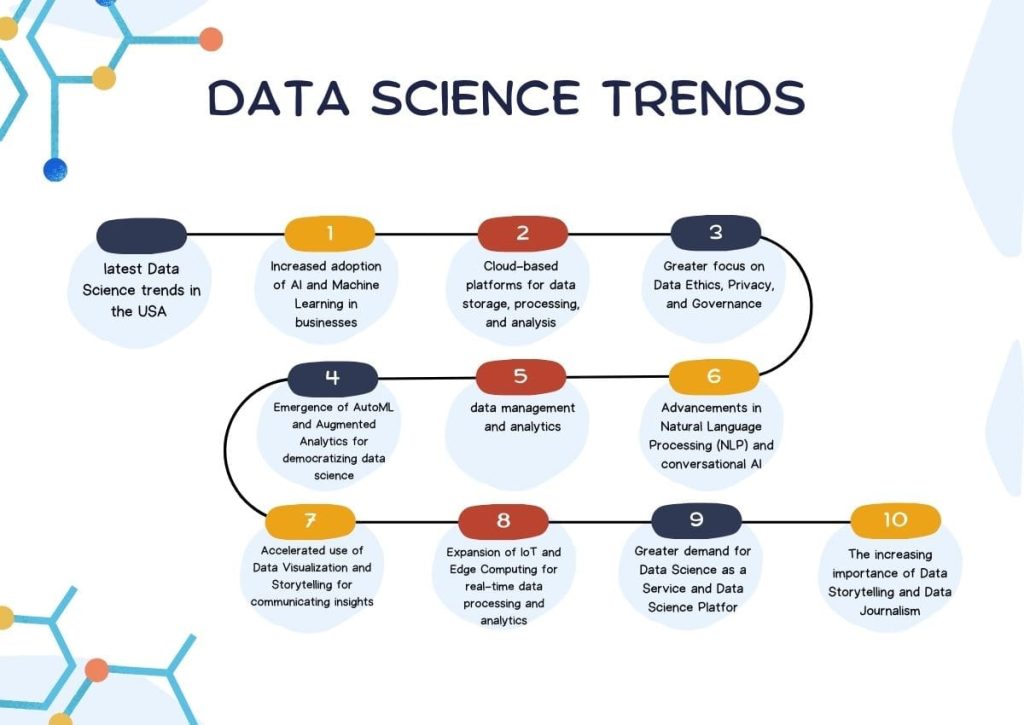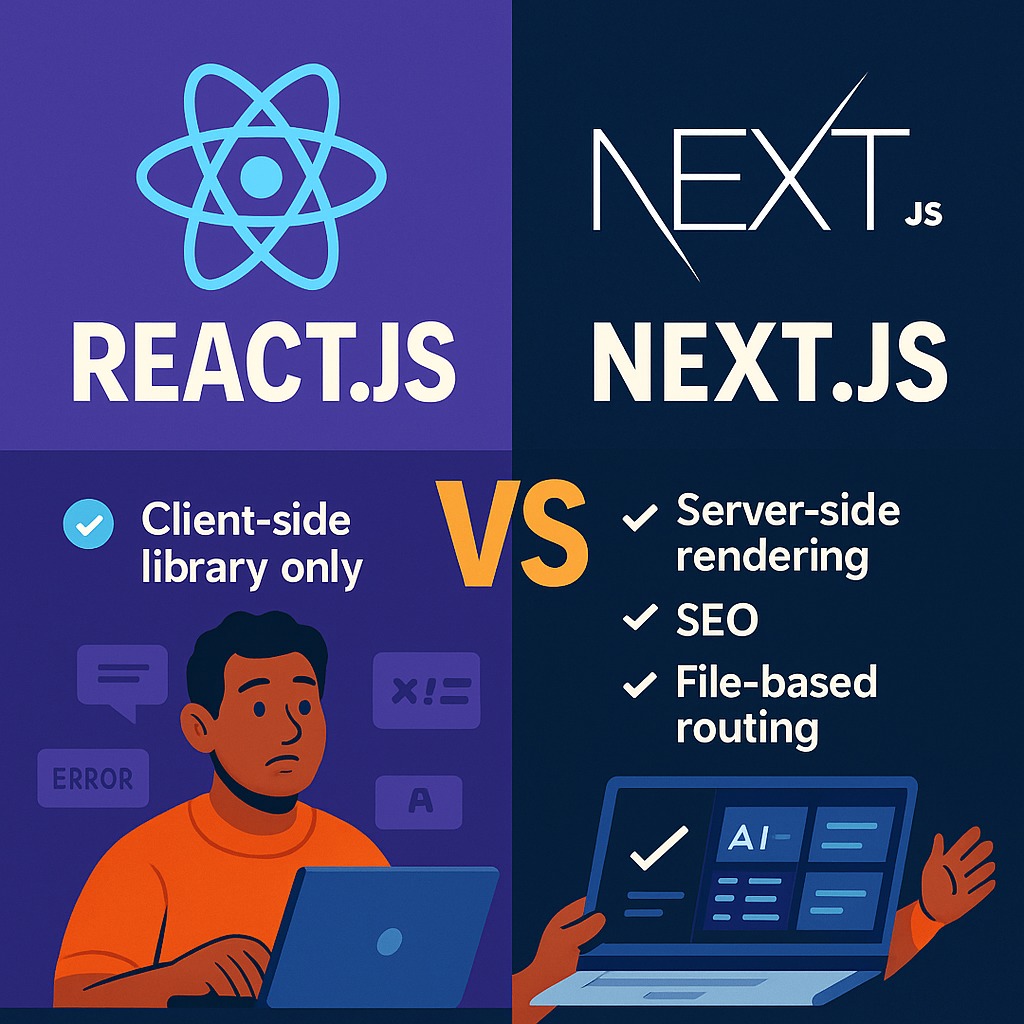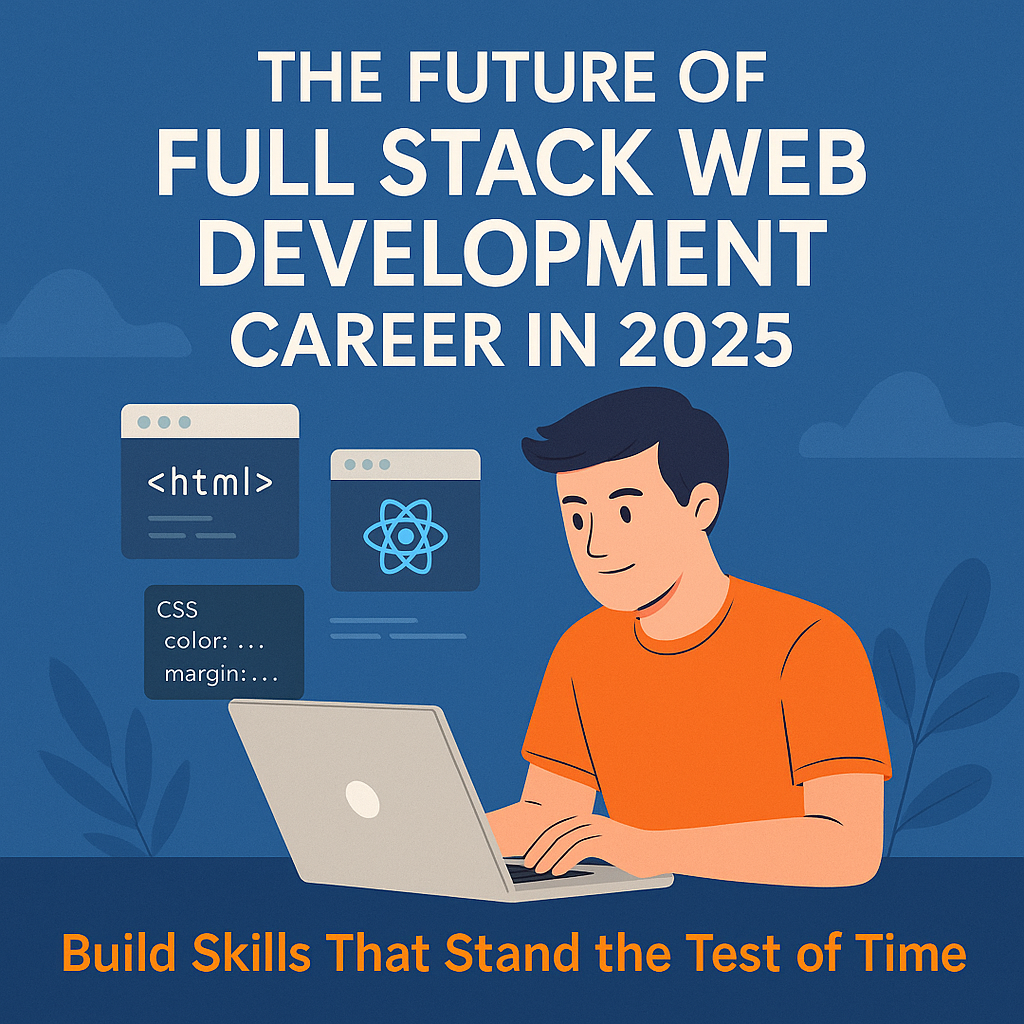Why Buying a Certificate Can’t Replace a Real Internship Experience
Written for students preparing for their career journey in 2025
In the fast-paced world of tech, marketing, and data — the difference between knowing something and being able to do something is massive. That’s where the line is drawn between buying a certificate and doing a real internship inside a company.
Let’s explore the difference — without the fluff.
1. 🎯 Certificates Show Completion. Internships Show Capability.
Certificates often indicate that someone attended a course. But real internships involve:
- Applying that knowledge
- Solving actual problems
- Working with teams and timelines
Employers today are asking:
“What can you do, and how do you handle real-world tasks?”
A certificate alone rarely answers that.
2. 💡 Internships Teach Context
Learning something in theory is useful. But in a real internship, you see:
- Why that code matters
- How that campaign impacts customers
- What causes bugs, errors, and time crunches
It’s not just about knowledge — it’s about experience in context.
3. 🧠 Learning by Doing Builds Retention
We retain more when we do the task ourselves.
For example:
- Watching someone build a website is passive
- Building a real one under guidance is active, memorable, and confidence-boosting
That’s how interns start sounding like professionals — they’ve already practiced the work.
4. 🗂️ Portfolios > Certificates
A growing trend in hiring is this:
“Show me what you’ve worked on.”
Hiring managers increasingly value:
- GitHub repos
- Case studies
- Project demos
- Blog write-ups explaining your process
A certificate is static. A portfolio tells a story.
5. 🧭 Internships Help You Discover Yourself
Many students realize during internships:
- What kind of work excites them
- Which roles they’re naturally drawn to
- What kind of team culture they prefer
These insights can’t come from slides or pre-recorded videos — they come from hands-on, day-to-day involvement.
Final Thought:
A certificate can prove attendance.
An internship proves readiness.
As the job market becomes more competitive, students who engage in real-world learning environments — even if it’s uncomfortable or challenging — end up being better prepared, more confident, and more employable.
✅ Curious learners always go farther than paper collectors.
Choose experiences that challenge you, not just validate you.




